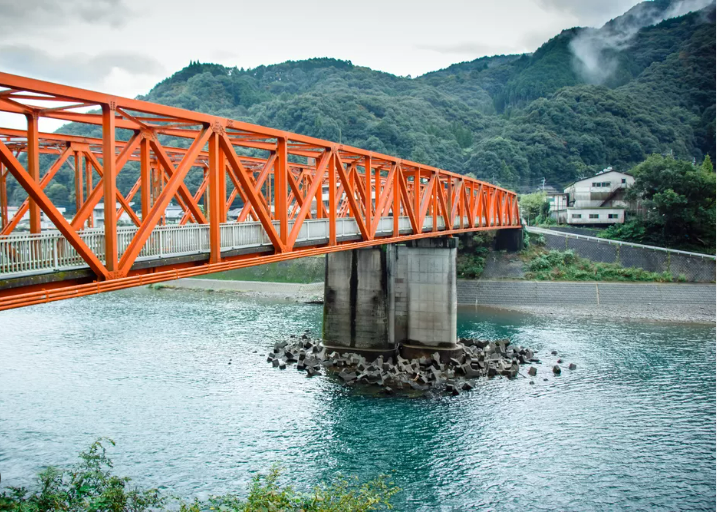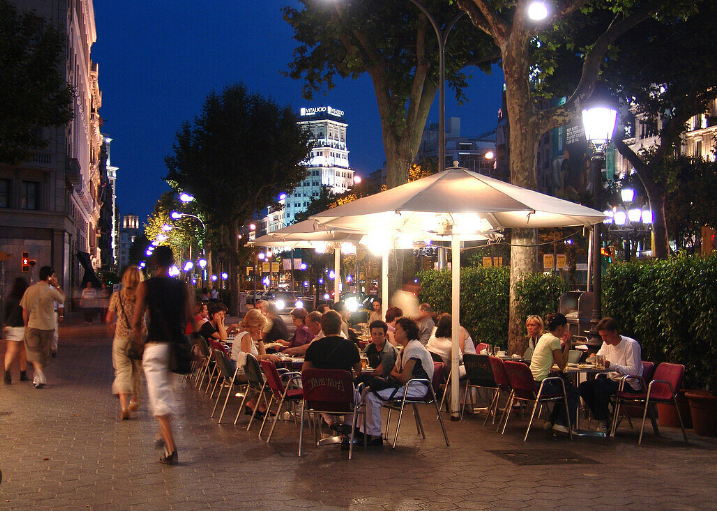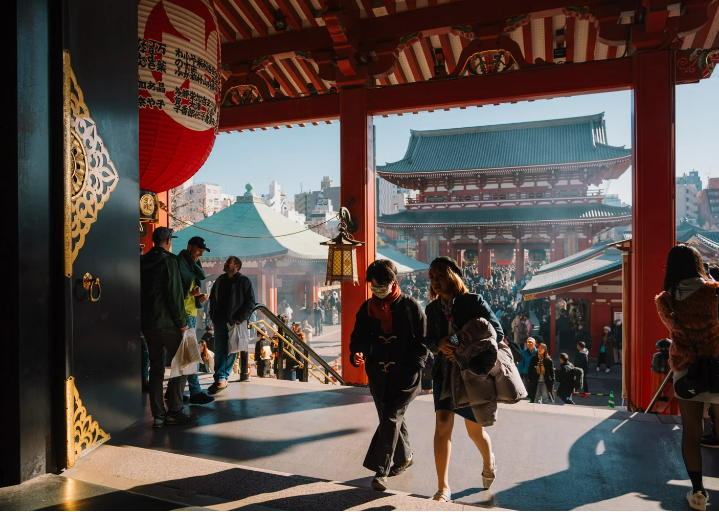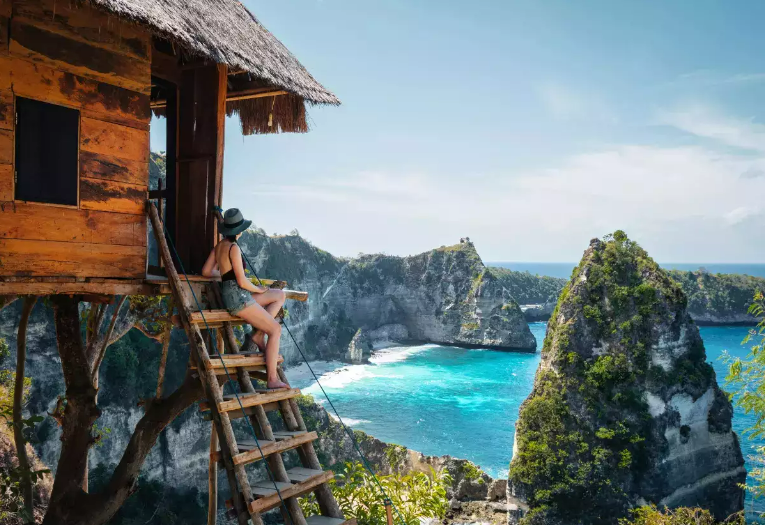All You Need to Know about Camping Laws in New Zealand
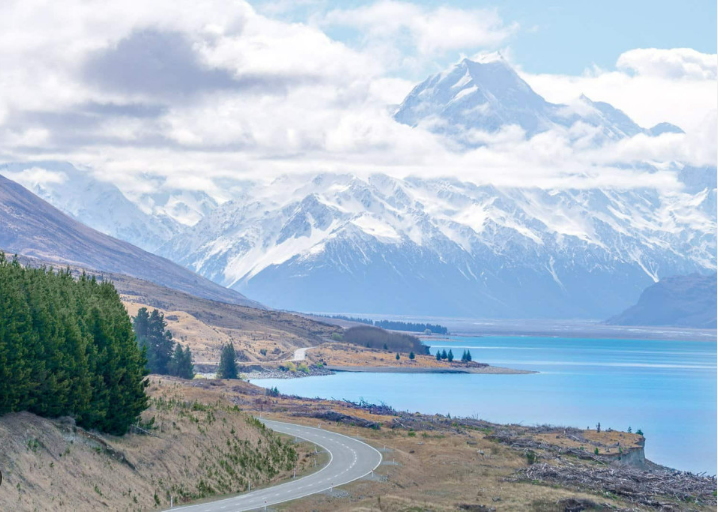
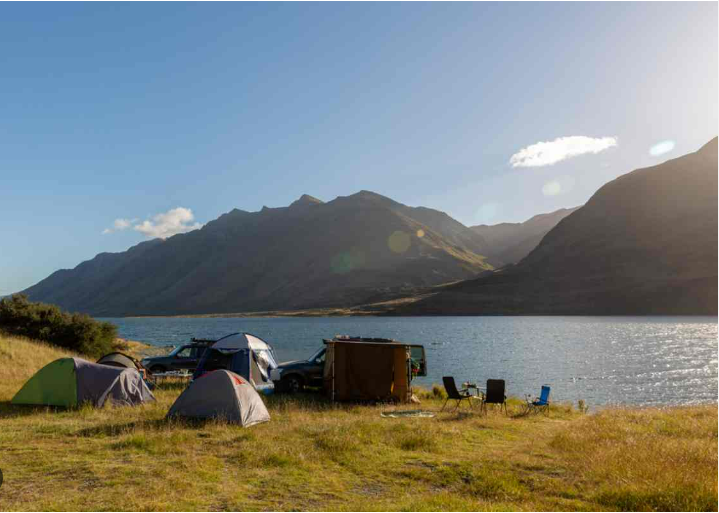
Call it by any name—dispersed camping, wild camping, or boondocking—the charm of free camping remains undeniable.
In New Zealand, where it’s known as “freedom camping,” there are over 500 free sites available, ranging from parking lots behind shopping centers to serene waterfront spots where the gentle sound of waves can lull you to sleep.
This budget-friendly way to explore both the North and South Islands has surged in popularity, with more tourists opting to travel by van or motorhome to take advantage of these free sites.
However, as of December 7, 2023, New Zealand’s freedom camping regulations have changed due to environmental concerns, making it more challenging and costly to hit the road. To be certified as self-contained—a permit required for most freedom camping areas—vehicles must now have a built-in or fixed toilet. Portable toilets will no longer be allowed, meaning that many travelers might soon find freedom camping in a van or rooftop tent no longer feasible.
Fortunately, the new regulations will be phased in over the next 16 months. If you’re planning to rent or buy a van or motorhome to explore New Zealand, here’s how the updated legislation might impact your travel plans.
What are the changes to New Zealand’s freedom camping laws?
To stay overnight at recognized freedom camping sites, you can’t just use any vehicle. Most areas require that vehicles be certified as “self-contained” to legally camp.
According to the New Zealand Motor Caravan Association (NZMCA), a self-contained vehicle must be equipped to handle the occupants’ ablutionary and sanitary needs for at least three days without external services or waste discharge.
Previously, achieving self-contained certification was relatively straightforward with basic equipment: a portable toilet, a large container of fresh water, and a sealed container for greywater. Certified vehicles received a blue warrant or permit and a display sticker.
However, starting December 7, 2023, only vehicles with fixed toilets will qualify for self-contained certification. Portable toilets are no longer acceptable, and stricter standards for water and ventilation systems are now enforced. Vehicles meeting these new requirements will be issued a green warrant or sticker.
Additionally, fines for violating freedom camping regulations have increased, with penalties now reaching up to NZ$2400.
What does the change mean for tourists traveling by van or motorhome in New Zealand?
The new law is unlikely to impact those traveling by motorhome, but if you were planning to tour New Zealand on a budget in a campervan, freedom camping may no longer be an option for you.
However, the change won’t take effect immediately. If you’re visiting New Zealand before June 2025, you might still be able to freedom camp under the old rules. Here’s what you need to know:
If you were planning on renting a van or motorhome to freedom camp
Starting December 7, 2024, all rental vehicles certified as self-contained must include a fixed or plumbed-in toilet and hold a green warrant. After this date, only vehicles meeting these requirements will be permitted for freedom camping, unless local council bylaws specify otherwise. Consequently, travelers using vans will likely need to budget for paid campsites and holiday parks.
If you plan to freedom camp before December 7, 2024, you can still rent a vehicle equipped with a blue warrant and a portable toilet.
If you were planning on buying a van to freedom camp in New Zealand
Starting June 7, 2025, all private vehicles must display a green warrant to be certified as self-contained.
Until then, you can still buy a vehicle with a blue warrant and use it for freedom camping, provided it is already self-contained and the certification remains valid for the duration of your stay in New Zealand.
Blue warrants will remain valid until their expiration date or June 7, 2025, whichever comes first.
A word of warning: Beware fake certification stickers and ask to see paperwork
Soon, New Zealand’s Ministry of Business, Innovation & Employment will introduce a registry to verify whether a vehicle meets the new self-contained requirements.
In the meantime, the New Zealand Motor Caravan Association (NZMCA) can assist you in confirming whether a vehicle has been certified as self-contained.
Where can you camp for free in New Zealand?

Freedom camping is widespread across Aotearoa (New Zealand’s Māori name). Despite the changes in laws, there are still opportunities for freedom camping in some areas even if you don’t have a self-contained vehicle.
While the new legislation is supported by the federal government, freedom camping is ultimately managed by local councils and the Department of Conservation (DOC). DOC and local councils will continue to set rules for freedom camping in their regions, and not all areas will require self-contained vehicles.
Regional attitudes towards freedom camping vary widely. Some councils, like the Whangārei District Council, actively promote responsible freedom camping, providing access to clean public toilets, showers, and free Wi-Fi, and even allowing tent camping.
In contrast, councils such as the Queenstown Lakes District Council have implemented strict freedom camping bylaws in response to overtourism. These regions often have restrictive rules and offer limited and unclear maps of available areas.
To find freedom campsites and understand the requirements, consider downloading a free app like Rankers or CamperMate. Use the “Free Campground” filter to search your area and read the descriptions and comments carefully. Many sites operate on a first-come, first-served basis and have limits on the number of nights you can stay. These apps will also indicate if a self-contained vehicle is necessary or if other options, such as tents or cars, are allowed.
Why has New Zealand changed its freedom camping laws?
In the past decade, freedom camping in New Zealand has reached unsustainable levels. Reports of campers leaving behind trash, including human waste, and damaging natural environments have become increasingly common. With overtourism becoming a significant issue, the new legislation aims to mitigate these negative impacts, with lawmakers describing it as “a win for the environment.”
While there has been criticism that the new law disproportionately affects budget travelers and backpackers, it doesn’t spell the end for affordable camping in New Zealand. Responsible travelers can still enjoy low-cost camping options. The Department of Conservation (DOC) and many local councils continue to offer budget-friendly campsites for those looking to explore without breaking the bank.
Navigating the new regulations for freedom camping may seem daunting, but the reward – the chance to sleep amidst some of the country’s most breathtaking landscapes – far outweighs the effort of finding a free place to stay.

